Introduction
In the ever-evolving landscape of healthcare design, prioritizing patient privacy and comfort is paramount. Privacy glass emerges as a cutting-edge solution, seamlessly blending functionality with aesthetics to create a modern and patient-centric environment. In this blog, we’ll delve into what privacy glass is, the types available, how it compares to traditional methods, its benefits and considerations for incorporating it into modern design.
What is Privacy Glass?
Privacy glass, also known as smart glass or switchable glass, is an advanced material that can alter its transparency properties at the touch of a button or through automated systems. By applying an electrical current, privacy glass transitions from transparent to opaque, providing instant privacy as needed. This innovative technology offers versatile solutions for maintaining confidentiality in various settings, including healthcare facilities.
Types of Privacy Glass
Several types of privacy glass are available, each offering unique benefits:
- Electrochromic Glass: Adjusts tint levels using electrical currents, providing gradual opacity control.
- Liquid Crystal Glass: Contains a film with liquid crystals that align to block or transmit light when activated.
- PDLC (Polymer Dispersed Liquid Crystal) Glass: Incorporates liquid crystal droplets dispersed in a polymer matrix, which reorient to control light transmission in response to an electrical current.
How Privacy Glass Compares to Traditional Methods and its Benefits
Privacy glass offers significant advantages over traditional privacy methods, such as curtains or blinds:
- Instant Privacy Control: Privacy glass provides instant privacy at the flick of a switch, eliminating the need for manual adjustments or physical barriers.
- Seamless Integration: Privacy glass seamlessly integrates into modern healthcare design, offering a sleek and sophisticated aesthetic that complements architectural elements.
- Enhanced Comfort: Privacy glass enhances patient comfort by allowing natural light to filter through while maintaining privacy, creating a calming and inviting atmosphere.
- Space Optimization: Privacy glass partitions optimize space utilization by creating flexible room configurations without the need for permanent walls or partitions.
- Hygiene and Maintenance: Privacy glass surfaces are smooth and easy to clean, promoting hygiene and reducing the risk of allergens or pathogens.
Considerations to Include Privacy Glass into Modern Design
When incorporating privacy glass into modern healthcare design, consider the following:
- Integration with Technology: Ensure that privacy glass systems are compatible with existing building management or automation systems for seamless operation.
- Customization Options: Explore customization options to tailor privacy glass solutions to the specific design requirements and preferences of the healthcare facility.
- Regulatory Compliance: Verify that privacy glass solutions meet regulatory standards and guidelines, such as HIPAA, to protect patient privacy and confidentiality effectively.
- Durability and Sustainability: Select privacy glass products that are durable, energy-efficient, and environmentally sustainable to promote long-term viability and cost-effectiveness.
Privacy glass can be applied in various areas of healthcare design to enhance patient privacy, comfort, and functionality. Here are some key areas where privacy glass can be utilized:
- Patient Rooms: Privacy glass partitions in patient rooms provide confidentiality during consultations, examinations, and rest periods, ensuring that patients feel secure and respected.
- Operating Rooms: Privacy glass windows or partitions in operating rooms offer discretion during surgical procedures while allowing medical staff to maintain visibility and monitor patient status.
- Consultation Rooms: Privacy glass creates private consultation areas for discussions between healthcare providers and patients or family members, ensuring confidentiality during treatment planning and decision-making.
- Emergency Departments: Privacy glass partitions in emergency department areas provide discreet spaces for patient evaluations, triage, and discussions with medical staff, prioritizing patient privacy and dignity.
Conclusion
Privacy glass technology represents a significant advancement in modern healthcare design, offering versatile solutions for maintaining patient privacy and comfort. Its seamless integration, instant privacy control, and aesthetic appeal make it an invaluable asset in creating patient-centric environments that prioritize dignity and confidentiality.
Who We Are
Tecdur is the leading manufacturer of smart glass for the UK and Ireland. Tecdur Switchable Glass provides the best clarity, lowest power consumption and lowest haze currently available. We can offer a wide range of specifications to meet project requirements with our switchable glass, cost is dependent on specification, application and design. Please get in contact with us to discuss further.
Please visit our portfolio for a look at completed projects. Keep up to date on our LinkedIn Showcase page
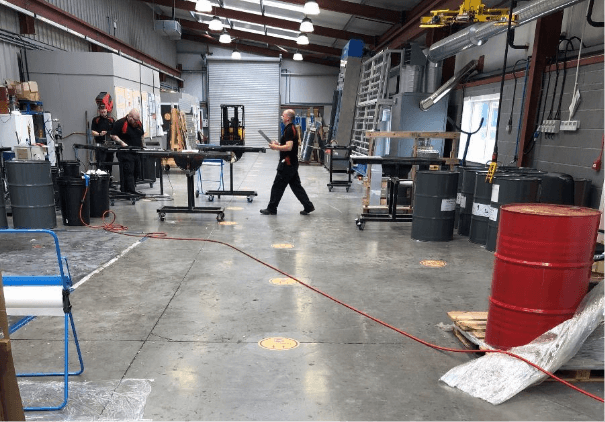
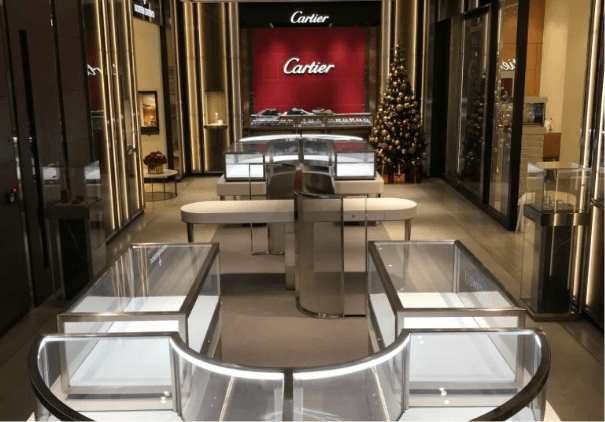
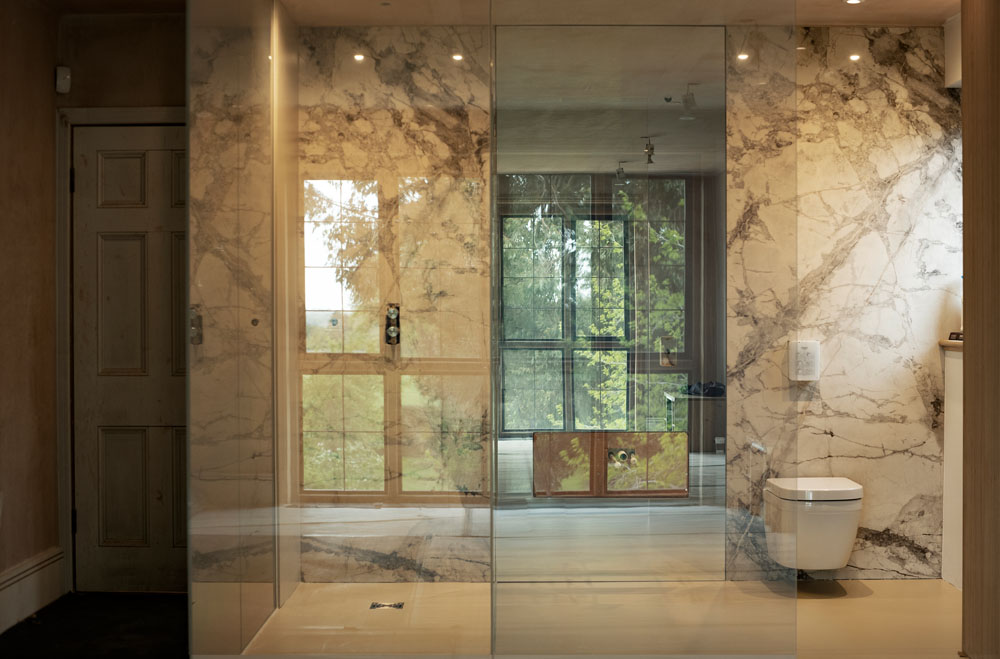
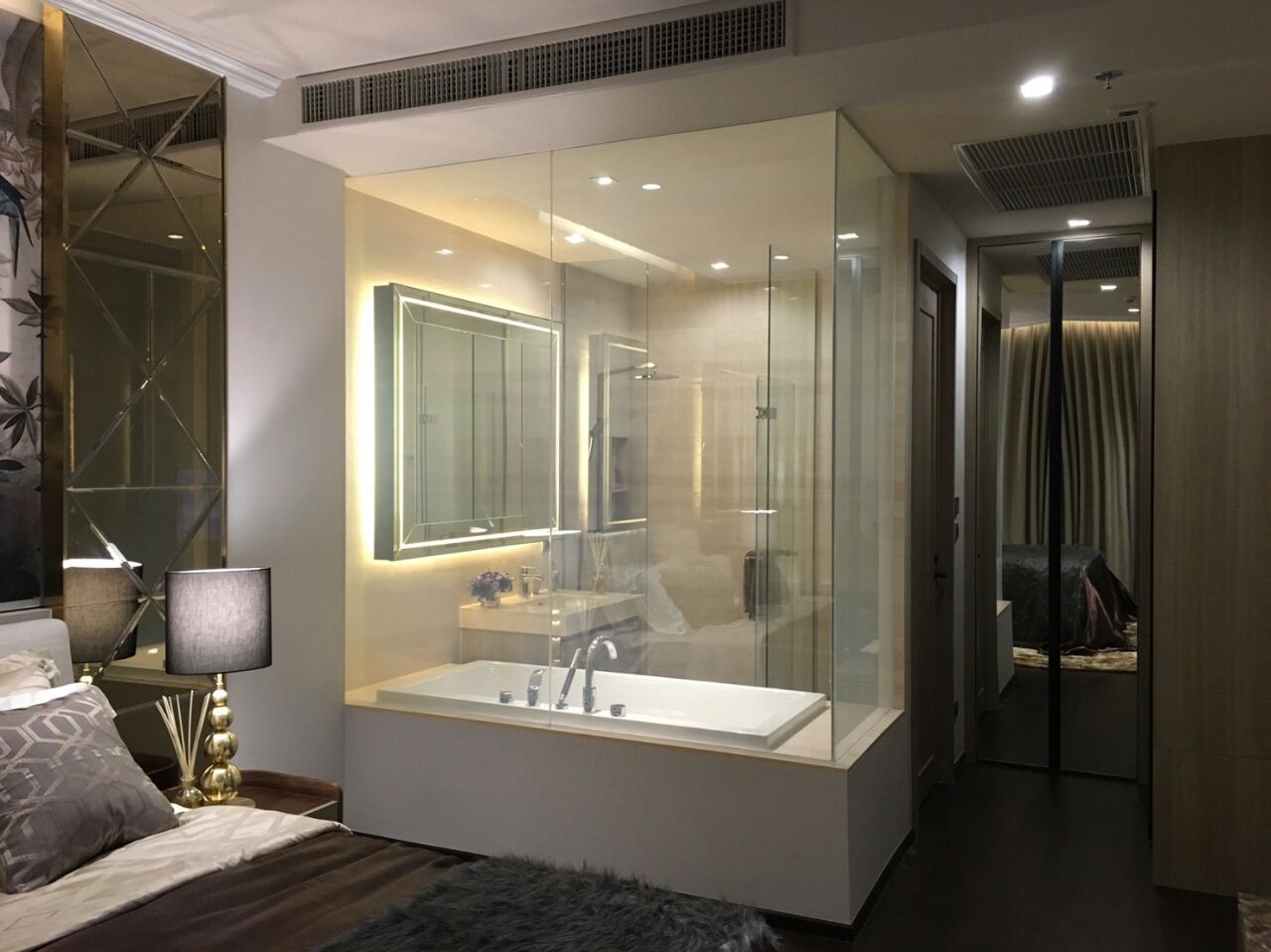
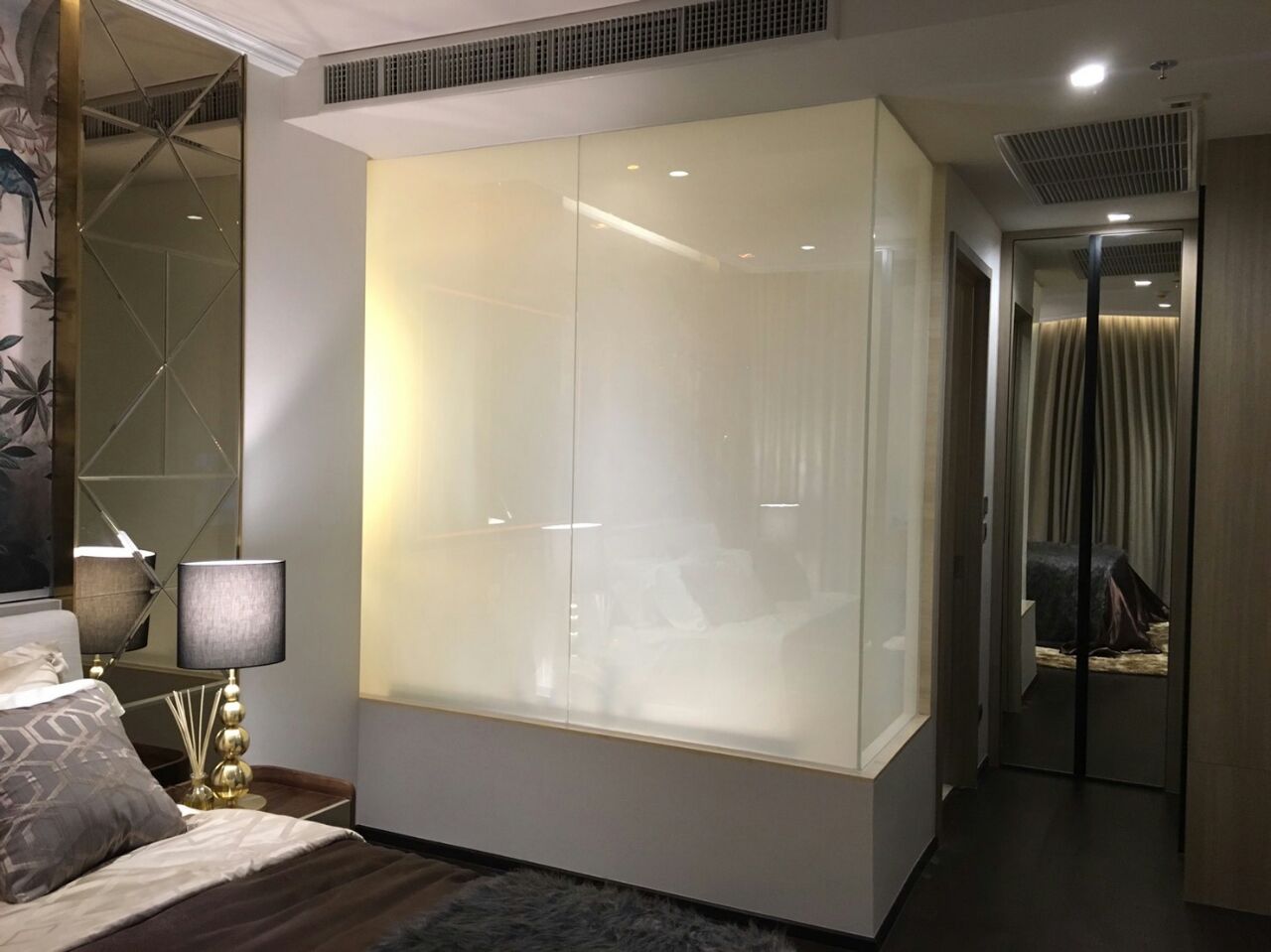
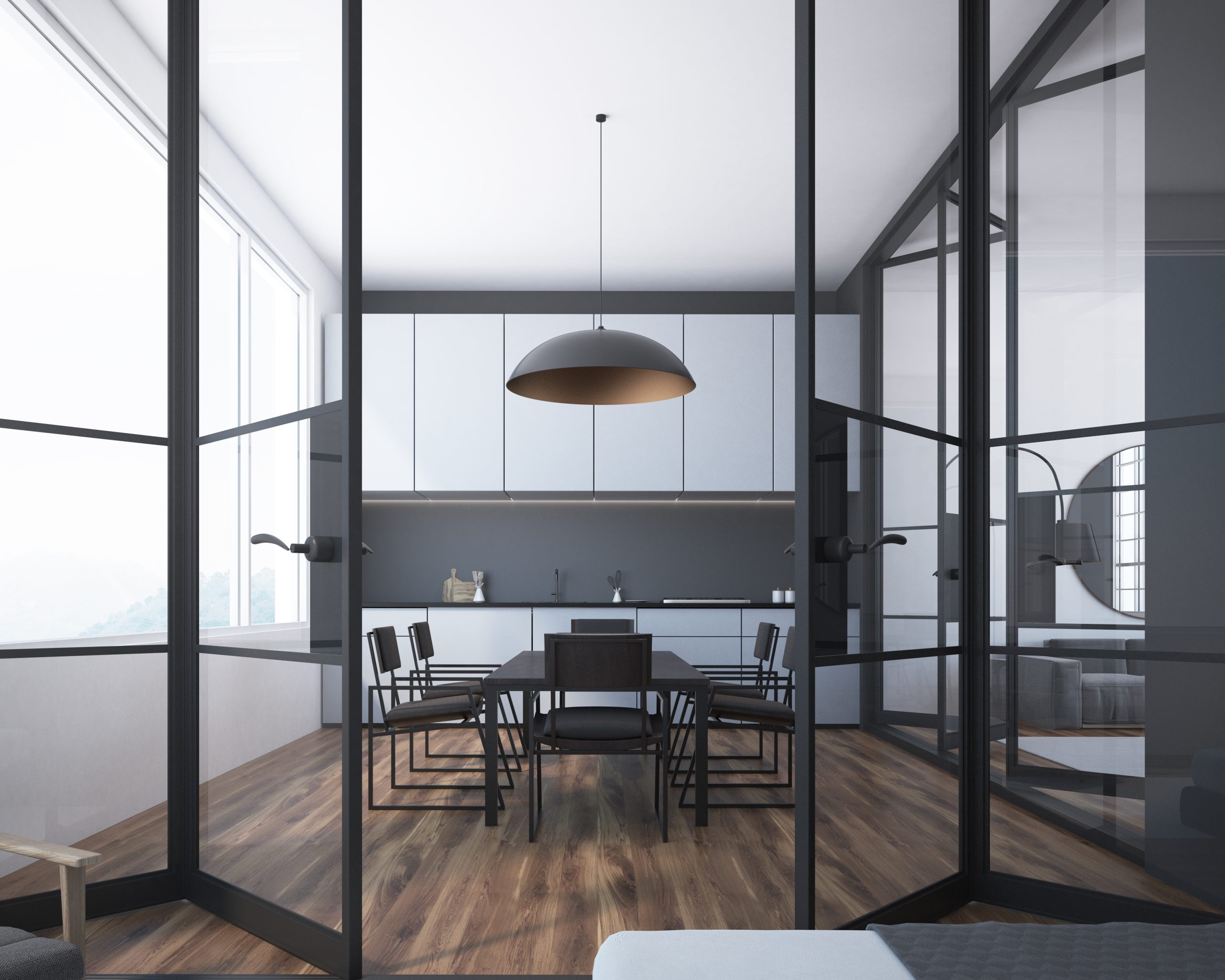
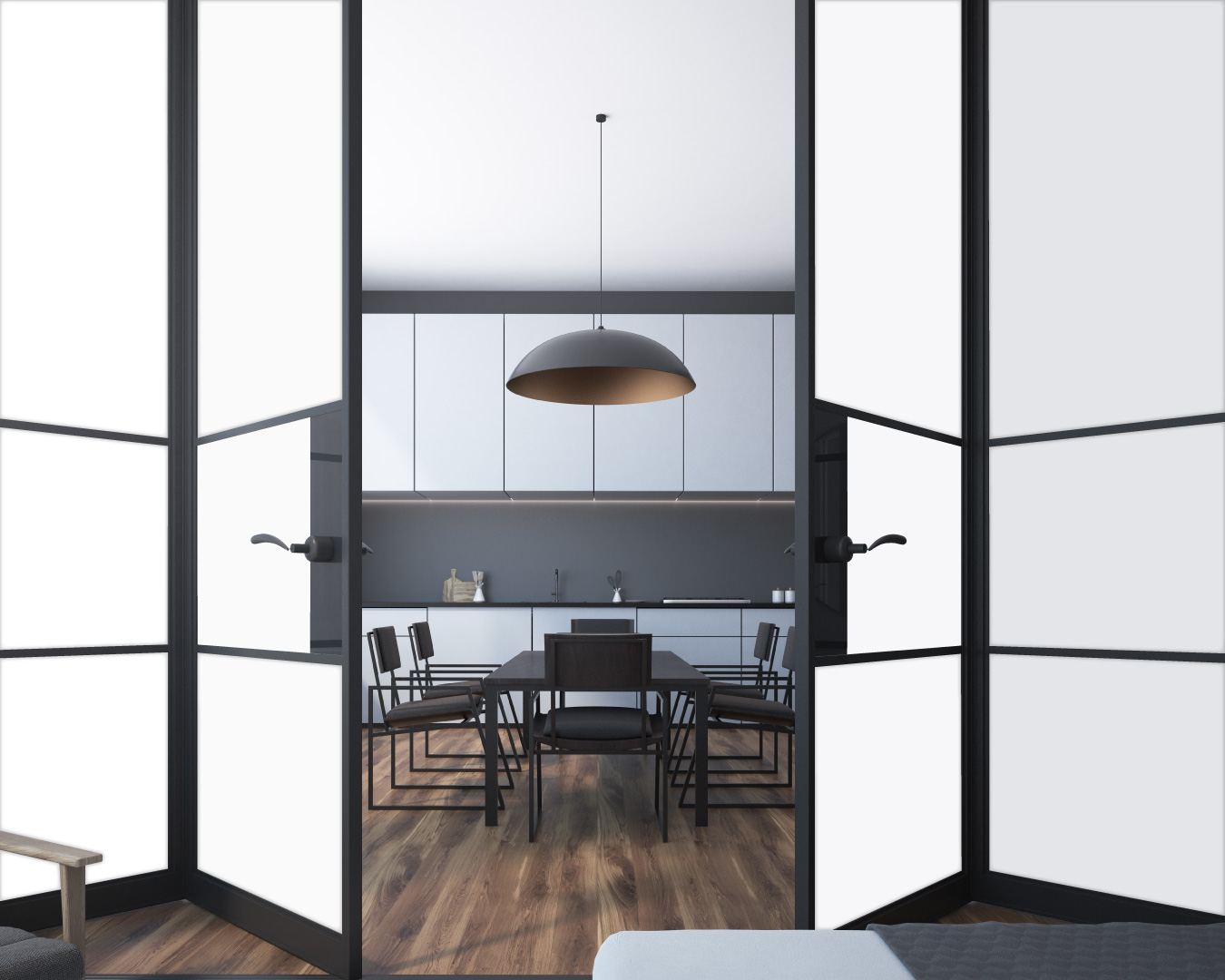
Frequently asked Questions
Our privacy glass works by utilising advanced PDLC (Polymer Dispersed Liquid Crystal) film. When an electrical current is applied, the liquid crystal molecules align, allowing light to pass through, making the glass transparent. When the current is switched off, the molecules mis-align, causing the glass to turn opaque or translucent, providing privacy.
Yes, privacy glass can be customized and applied to various healthcare settings, including hospitals, clinics, dental offices, and rehabilitation centers.
Yes, privacy glass can often be retrofitted into existing windows or partitions, providing a convenient upgrade to enhance patient privacy and comfort.
While privacy glass may require occasional cleaning and maintenance, it typically does not have any specialized maintenance requirements beyond regular glass cleaning practices.
Some privacy glass products are designed to regulate sunlight and heat transmission, contributing to energy savings in healthcare facilities.
Privacy glass operates on electrical systems, so backup power sources should be in place to ensure continued functionality during power outages. Additionally, proper training on its operation and maintenance is essential to address any potential privacy issues effectively.




